
Youth Lead The Way In Preventing COVID-19 Spread in Kenya’s Informal Settlements
Nairobi, 12 May 2020 – Young people in Kenya’s informal settlements, cities and towns are the driving force behind preventative
Youth in Informal Settlements
Many of the youth who in live in cities in the developing world live in slums or otherwise marginalized urban areas. Children and youth who grow up in slums are less likely to attend school than non-slum youth, as they face a range of factors hindering their attendance. youth are “working poor”— they are unskilled and have insecure jobs that they do in unsatisfactory conditions. Employment in the informal economy does not necessarily bring about a higher standard of living.
Visit Mathare Environmental Conservation Youth Group website to find out more.
Build capacity among youth in the community
Support active youth participation in decisions affecting governmance
Strengthen climate action and improved slum environment
Effective urban crises prevention and response
The Group’s coordinator, Isaac Muasa, a winner of UN-Habitat’s Scroll of Honour award, describes the main challenges facing the community during the pandemic such as unemployment but also outlines the progress being made including providing facilities for over 2 million handwashes. “Young people have been taking the initiative of trying to look at challenges and turn them into opportunities,” he says.

Nairobi, 12 May 2020 – Young people in Kenya’s informal settlements, cities and towns are the driving force behind preventative
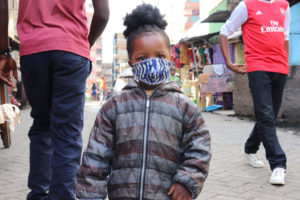
By Maimunah Mohd Sharif The spread of COVID-19 has transformed many of the world’s great cities into tragic household names as their reported
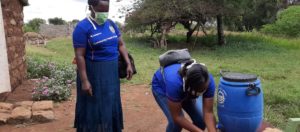
Written by Raphael Obonyo As COVID-19 (coronavirus) continues to wreak havoc around the world experts predict that African countries could
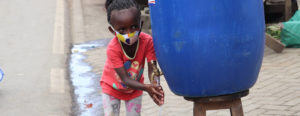
Story by Isaac Muasa Nairobi, 28 April 2020 – UN-Habitat and its partners have engaged community members from the informal
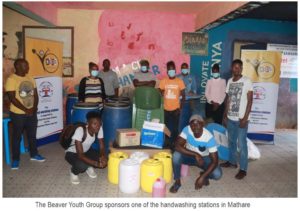
The COVID-19 pandemic is significantly affecting the world’s most vulnerable groups, including the one billion people living in informal settlements
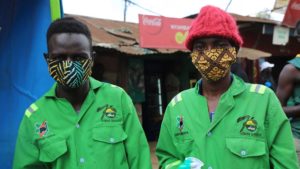
“I want to make a special appeal to the youth of our nation. The youth are the biggest component of
We publish research on the latest findings addressing youth issues.
Criterios de selección
Todas las edades hasta los 24 años;
Si tienes menos de 18 años, por favor proporciona los detalles de contacto de un tutor o acudiente.
Proceso de Envío
Por favor utiliza este enlace para inscribirte en el desafío;
Familiarízate con los beneficios para la salud del espacio público y de Minecraft;
El desafío comienza desde el 1 de abril;
Las postulaciones serán aceptados desde el 15 de mayo hasta el 31 de mayo.
Requisitos de Envío
Tu postulación debe incluir:
Un archivo comprimido del mundo de Minecraft (máx. 500mb);
Una breve descripción de cómo tu idea hace que los espacios públicos sean más saludables y disfrutables para la juventud (máx. 400 palabras/todos los idiomas).
Criterios del Proyecto
Nuestros jueces buscan ideas que sean: innovadoras, transformadoras e inclusivas;
El proyecto que sobresalga en todos los criterios ganará el gran premio.
Proceso de Evaluación
Primera ronda: se seleccionarán 10-15 postulaciones;
Segunda ronda: los proyectos seleccionados presentarán sus iniciativas a los jueces.
Premios
El premio principal es de $5,000 para la implementación de la solución ganadora.
Términos y condiciones
Al participar en el desafío, otorgas a ONU-Hábitat el permiso para que las imágenes y/o grabaciones puedan ser utilizadas en las cuentas de redes sociales, mercancía de marca, sitio web de ONU-Hábitat y UN Habitat Yout h y pueden ser compartidas con medios de comunicación de prensa. De vez en cuando, los materiales también pueden ser utilizados por sus socios.
¿Todavía tienes preguntas? Contáctanos a través de unhabitat-urbanhealth@un.org.